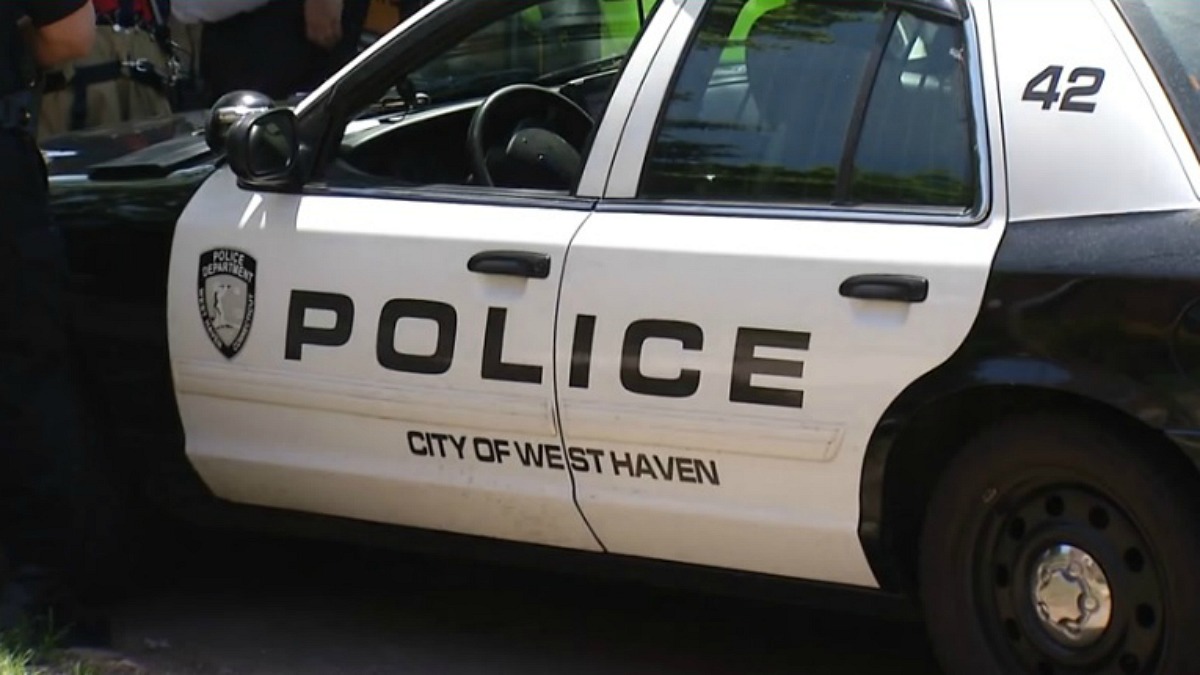With 16,000 doses of the COVID-19 vaccine expected to be allocated to Connecticut hospitals next week, health care systems are planning distribution strategies.
With the FDA Advisory Committee scheduled to meet Thursday, Bristol Health officials anticipate approval of an Emergency Use Authorization for the COVID-19 vaccine. With that, Bristol Health officials said it is expecting 975 doses and plans to administer them to staff on a prioritized basis.
“We’re looking at staff that have prolonged exposure to patients,” said Albert Peguero, Bristol Health's manager of emergency preparedness.
Bristol Health said it has approximately 1,800 employees, nearly double the number of doses they will initially be given. However, they expect to receive nearly 1,000 doses weekly, allowing them to vaccinate all of its front-line workers in a relatively short time frame. They said they are prepared to vaccinate as many as 350 people per day.
“We aren’t anticipating sitting on any of the supply once we get it. We are going to start vaccinating immediately,” said Peguero.
The vaccine will need to be stored at -80 degrees, requiring the purchase of two ultra-cold freezers, which combined can hold up to 5,000 doses.
While the vaccine is optional for Bristol Health workers, officials there are encouraging colleagues to take it. They said it sets an example for the community, to show that the vaccine is safe and the right thing to do.
Local
“Not only does it protect ourselves, but it protects our family and protects people that we may never meet,” said Dr. Andrew Lim, Bristol Health medical director of emergency services.
While hospital workers will be eligible to receive the vaccine soon, the general public will have to wait.
According to Lim, it will take at least 70% of the population to be vaccinated before achieving herd immunity.
“We really need as many people as possible to take the vaccine so we can achieve heard immunity,” said Lim.
To achieve a 70% vaccination rate, people want to know the vaccine is safe. Lim said there is still information to be learned, particularly with pregnant women and children under 18. But according to clinical trials, Lim said the vaccine’s benefits outweigh the risks.
“Tens of thousands of people were given the vaccine and there were no serious safety concerns reported,” he said.
Both Pfizer and Moderna have reported the effectiveness of their vaccines of at least 94%, something Lim puts in perspective.
“The flu vaccine that most of us get every year is typically about 50% to 60% effective. So, for a viral vaccine to be this effective is quite amazing,” added Lim.
According to the state, health care workers and nursing homes will be the first to receive the vaccine, which could be as early as next week. Critical workers, people over 65 and high-risk individuals could start getting it as early as January. The general population is likely to wait until June.



